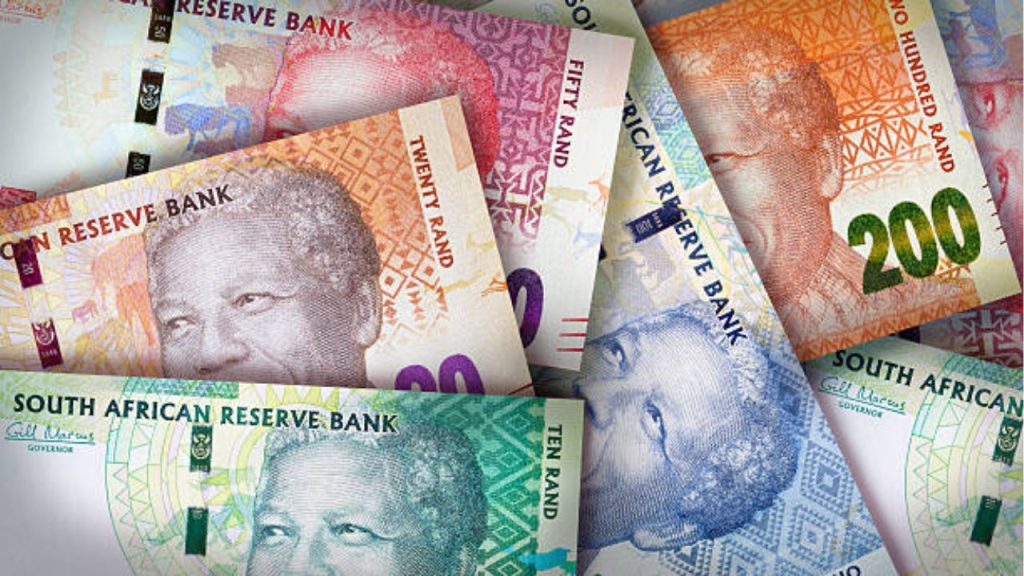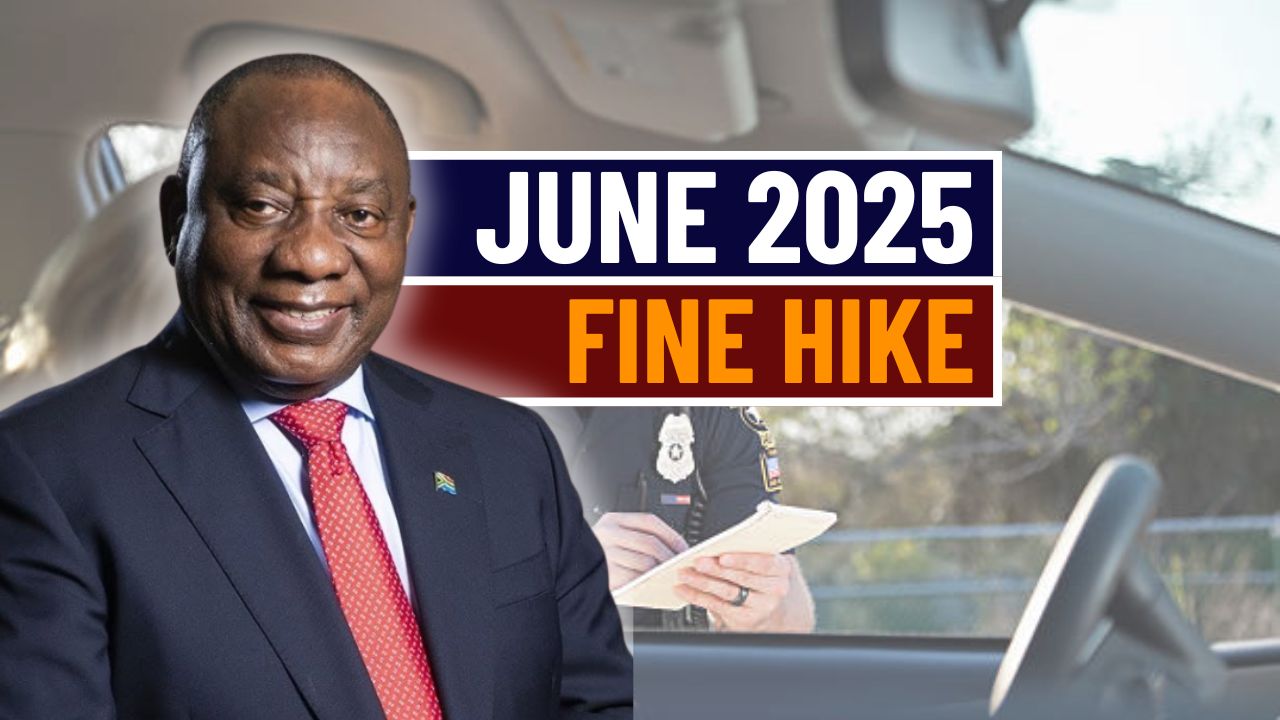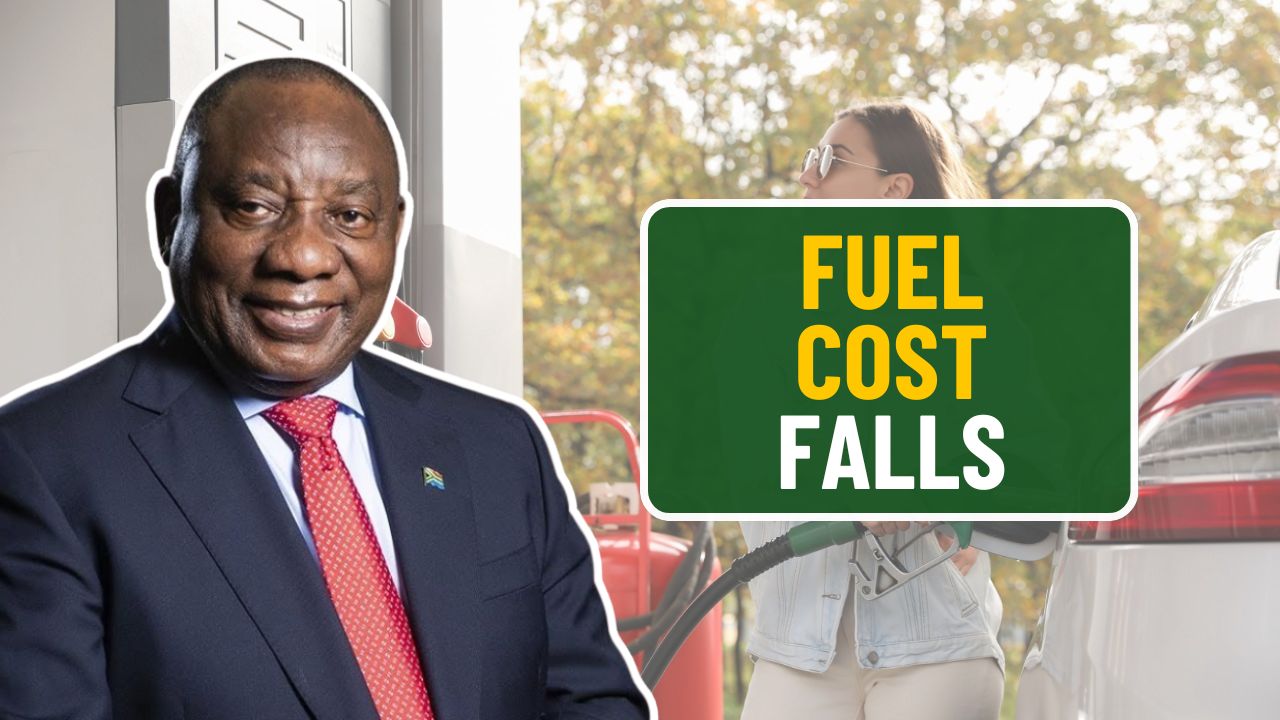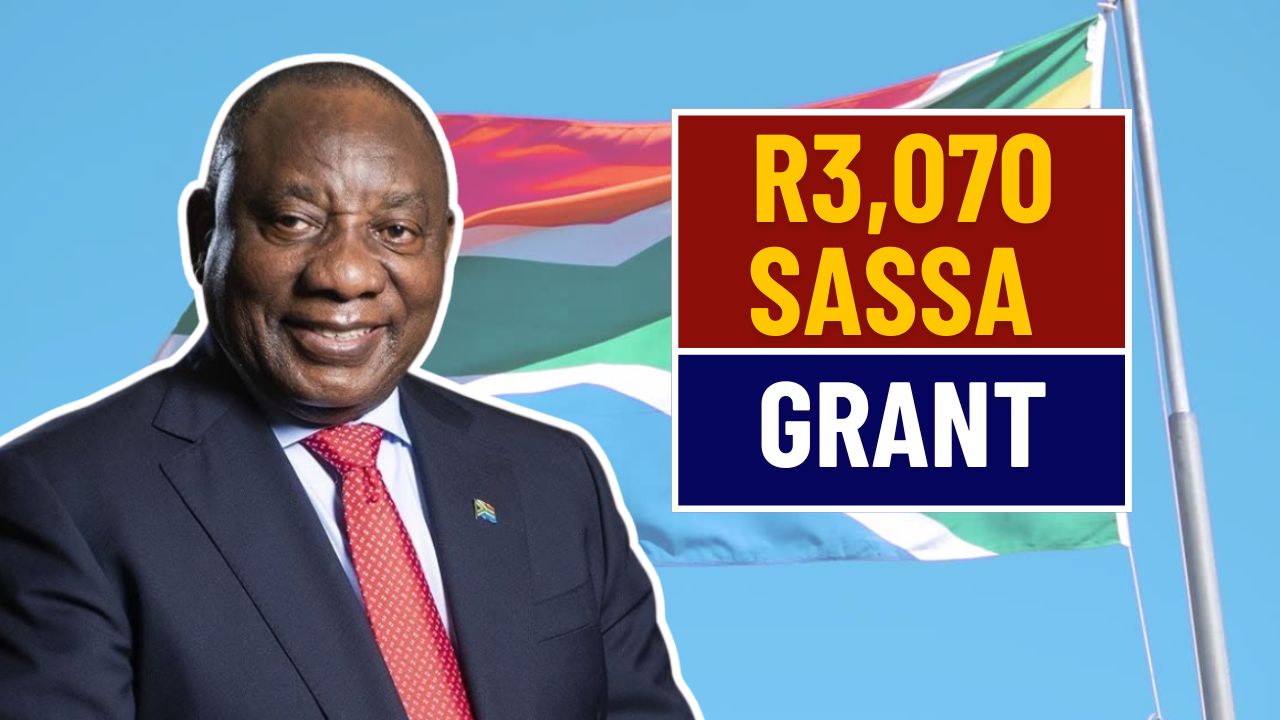Finance Minister Enoch Godongwana has officially confirmed that the highly anticipated Budget 3.0 address will be delivered on 21 May 2025. This announcement has generated substantial interest from across the country, drawing attention from economists, policy makers, working-class citizens, and investors alike. As South Africa navigates a fragile economic landscape, all eyes are now fixed on the Treasury’s proposed path forward. This upcoming budget update is expected to touch on several pressing matters affecting the country, including rising public expenditure, the growing national debt, and the sustainability of vital social services.
Table of Contents
Worsening Economic Climate Sets a Challenging Stage
The 2025 Budget 3.0 update arrives amid an environment of economic stress, marked by high unemployment, sluggish growth, and uncertainty surrounding the performance of state-owned enterprises. These conditions have prompted widespread calls for a budget that not only drives job creation and infrastructure development but also ensures that spending does not spiral out of control. Adding to the difficulty is the impact of inflation and a depreciating rand, both of which have eroded consumer purchasing power and government revenue. There is a growing expectation that Godongwana will strike a difficult balance between necessary fiscal restraint and continued investment in essential social and economic programmes.
Treasury Expected to Zero In on Key Sectors
Economic analysts believe the upcoming budget announcement will present revised targets for tax collection, outline new borrowing limits, and shift funding priorities across government departments. The spotlight is expected to fall particularly on sectors such as public healthcare, education, and the struggling energy sector, with Eskom’s ongoing challenges placing renewed focus on energy reform. Public attention will also be firmly fixed on decisions regarding public sector wages, social grant allocations, and infrastructure spending. Any significant alterations in these areas are likely to have direct consequences for millions of South Africans who depend on government intervention for their daily survival.
Strategic Fiscal Planning Amid Mounting Pressure

The Treasury’s ability to stabilize public finances without triggering further economic instability will be a central theme of the budget update. With debt-servicing costs absorbing a large portion of national revenue, there are concerns that additional borrowing could push South Africa closer to a fiscal cliff. In response, some economists suggest that the budget may feature targeted spending cuts and improved efficiency in key departments. Godongwana’s approach is likely to demonstrate a balancing act between enforcing financial discipline and maintaining social development programmes that are essential to the country’s long-term well-being.
Political Stakes High Ahead of Budget Speech
The Budget 3.0 update carries enormous political significance, especially with national elections on the horizon. As various political parties, trade unions, and civic organizations weigh in on the conversation, the finance minister’s speech is expected to act as a barometer of the government’s ability to deliver on promises of reform and responsible governance. In many ways, the budget will not just address numbers it will shape public sentiment, influence election campaigns, and test the political will to execute long-term structural changes.
Citizens Await Signals for Economic Relief
Ordinary South Africans are eagerly awaiting news on whether the budget will bring any meaningful relief. Rising living costs, compounded by fuel hikes and stagnant wages, have made it increasingly difficult for many households to stay afloat. The Budget 3.0 speech offers a chance to deliver hope through improved grant systems, job creation schemes, or private sector incentives that ease economic pressures. For countless families, the announcements made on 21 May could shape their financial security for the rest of the year and beyond.
Long-Term Vision Needed for National Recovery
Beyond short-term measures, Budget 3.0 is expected to outline a roadmap for long-term fiscal sustainability. This includes building investor confidence, reducing dependency on public funding, and unlocking the potential of private enterprise. Critical to this will be the implementation of transparent policy frameworks and robust public sector accountability mechanisms. As the country looks to recover from years of economic instability, this budget is being viewed as a key moment to reset the nation’s economic priorities and re-ignite growth across all sectors.
Reflections on a Defining Financial Moment
As South Africa prepares for Finance Minister Godongwana’s Budget 3.0 announcement, anticipation is high across both the public and private sectors. The ability of the government to present a budget that is both pragmatic and progressive will determine its success in managing debt, stimulating growth, and protecting vulnerable communities. This budget may ultimately mark a turning point for South Africa’s economic trajectory in 2025 and serve as a benchmark for how the country handles its financial future under growing domestic and global pressures.




